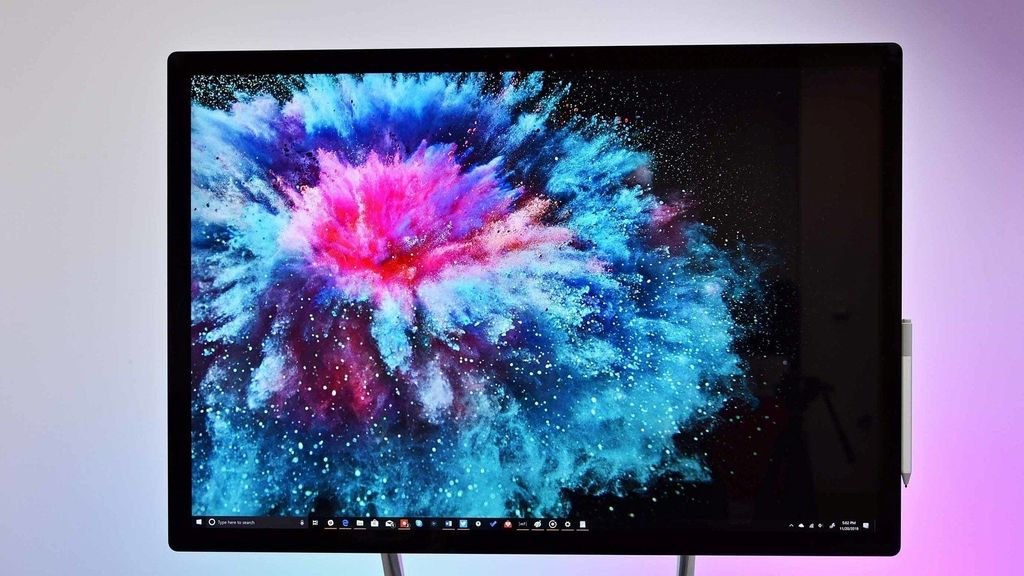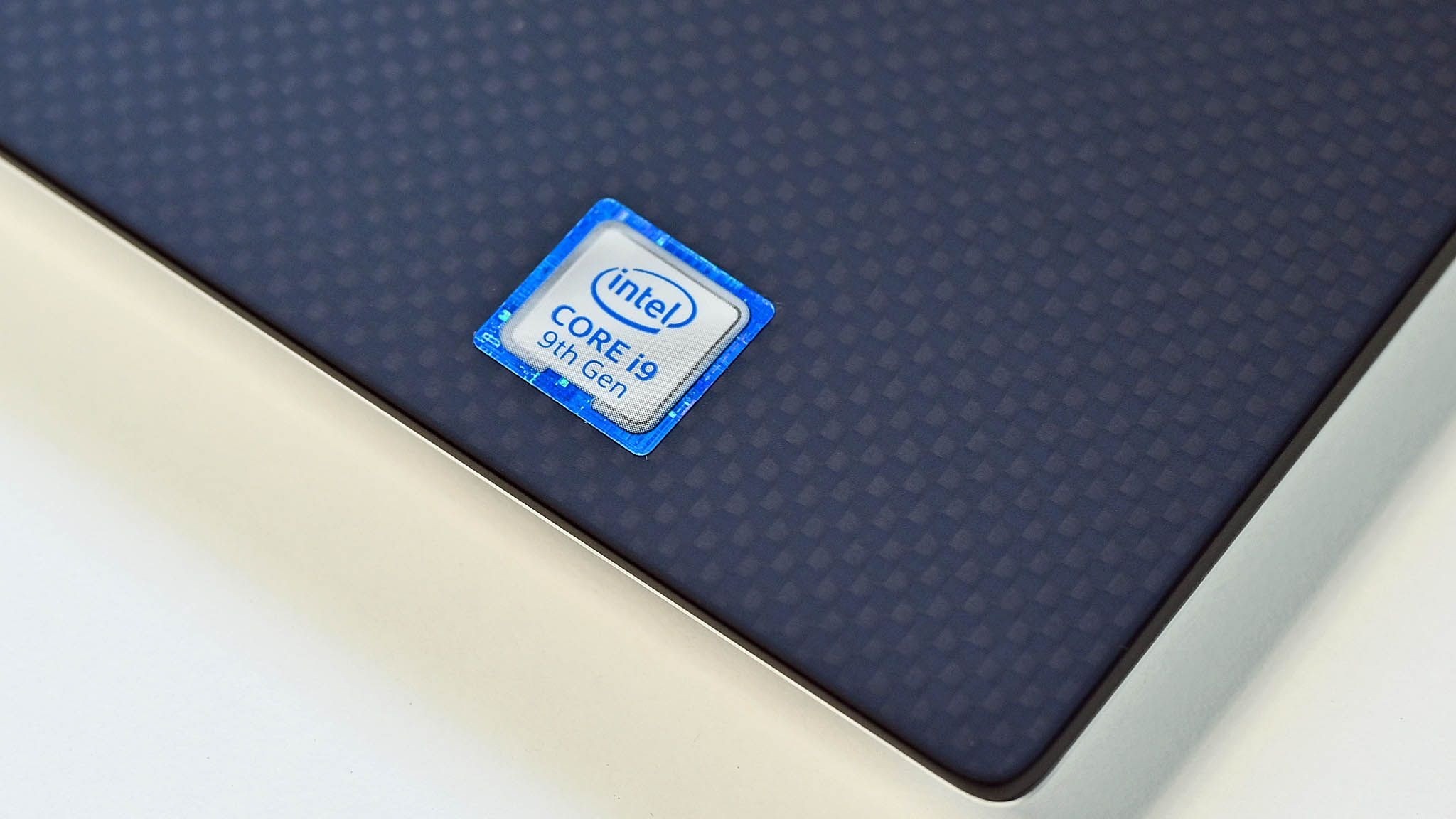A support document was shared without context by several outlets, caused concern that older PCs had been blocked from upgrading to Windows 11.
Windows 11 has strict minimum requirements that prevent millions of PCs from upgrading to the operating system. For a brief period this month, many believed that the list of unsupported devices grew substantially, but that turned out to not be the case, at least when it comes to which devices can run Windows 11. At the center of the drama were Intel 8th, 9th, and 10th Gen chips, which seemingly were removed from the list of supported Intel processors.
The confusion was caused when people spotted an official Microsoft support document titled "Windows 11 version 24H2 supported Intel processors.". The list omitted many Intel 8th, 9th, and 10th Gen chips, causing many to believe that those processors had lost support with the update to Windows 11 version 24H2. But closer inspection of the document shows why that is not the case.
The support document is not meant for general consumers. Instead, it's a list of supported CPUs that device manufacturers should use when creating new PCs. Specifically, the list is of processors OEMs should use to build PCs to work with Windows 11 version 24H2. I don't know of any PC manufacturers creating new devices with chips from before Intel's 11th Gen, so the change probably does not affect many people.
"OEMs may use the following CPUs for new Windows 11 devices. New Windows 11 devices must use modern device drivers which have passed the Windows Hardware Compatibility Program for Windows 11 or the latest available modern device drivers based on Declarative, Componentized, Hardware Support Apps (DCH) design principles," states Microsoft.

Even Microsoft's original Surface Studio cannot upgrade to Windows 11, but the list of supported chips that
can upgrade to the OS has not changed.
(Image credit: Future)
Even if a PC was made with a chip that did not appear on the list of supported processors, that PC could still be upgraded to Windows 11 as long as it met all of the operating system's minimum requirements.
"Devices with these CPUs may not be manufactured with Windows 11 pre-installed and may only be upgraded to Windows 11 by a customer," states a footnote in the support document.
Microsoft also has a separate page that explains the purpose of the OEM-focused document.
- Tzcon
-

 1
1



3175x175(CURRENT).thumb.jpg.b05acc060982b36f5891ba728e6d953c.jpg)
Recommended Comments
There are no comments to display.
Join the conversation
You can post now and register later. If you have an account, sign in now to post with your account.
Note: Your post will require moderator approval before it will be visible.